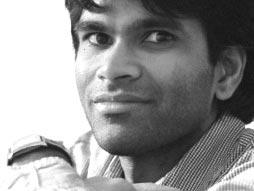These 6 TED & TEDx speakers just won MacArthur’s “genius” award
[youtube=http://www.youtube.com/watch?v=uKByBgqxOw4&w=560&h=315] Six TED speakers have been recognized in the 2013 class of MacArthur Fellows. Each recipient will heretofore be unofficially known as a “genius” and will very officially receive a no-strings-attached prize of $625,000 to support his or her creative instincts for the benefit of society. We salute all 24 of this year’s winners, of […]
Continue reading
